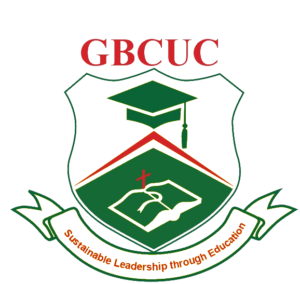
PROGRAM INFORMATION
TYPE: DIPLOMA
DURATION: 3 YEARS
ACCREDITATION: HEA, ZQF LEVEL 6
Diploma Secondary Teaching – SOCIAL STUDIES AND MATHEMATICS
Integrating Social Studies and Mathematics in an educational program offers numerous benefits to students, as it provides a holistic approach to learning. Social Studies and Mathematics are essential subjects that equip students with both practical skills and a deeper understanding of the world around them. This program aims to merge these two subjects to enhance students’ critical thinking, problem-solving abilities, and their capacity to make informed decisions in real-world contexts.
Program Outline
Year 1 | |
| COURSE CODE | COURSE TITLE |
| HPE 41002 | History and Philosophy of Education |
| CSS 41003 | Communication and study skills |
| EPS 41004 | Education Psychology and Sociology of Education |
| ICT 41005 | Information Communication Technology |
| SSE 41091 | Social Studies teaching methods I |
| SSE 41095 | Social Studies Education I |
| MED 41101 | Mathematics I |
| MED 41102 | Mathematics teaching methods I |
| Year 2 | |
| COURSE CODE | COURSE TITLE |
| CRE 42004 | Curriculum studies and assessment |
| ERP 42002 | Education Research |
| MED 42101 | Mathematics II |
| MED 42102 | Mathematics teaching methods II |
| SGC 42001 | Special education, guidance and counselling |
| SSE 42091 | Social studies teaching methods I |
| SSE 42095 | Social studies Education II |
| STP 42003 | Teaching practice I |
| Year 3 | |
| COURSE CODE | COURSE TITLE |
| ELM 43002 | Education leadership and management |
| ERR 43003 | Education Research (Research report) |
| EED 43001 | Entrepreneurship Education |
| MED 43101 | Mathematics III |
| MED 43102 | Mathematics teaching methods III |
| SSE 43091 | Social Studies teaching methods III |
| SSE 43095 | Social studies education III |
| STP 43004 | Teaching Practice II |
Programme Aims and Objectives
Upon completing the Integrating Social Studies and Mathematics Education program, students will achieve the following learning outcomes:
Apply mathematical concepts and techniques to solve real-world problems in social studies contexts.
Demonstrate proficiency in mathematical skills such as data analysis, statistics, and measurement.
Analyze historical and social issues using quantitative methods.
Formulate research questions, gather data, and draw conclusions based on evidence.
Identify and solve complex problems by integrating mathematical and social studies knowledge.
Demonstrate an understanding of social and global issues.
Develop a curiosity for learning and an appreciation for the ongoing relevance of social studies and mathematics in everyday life.
